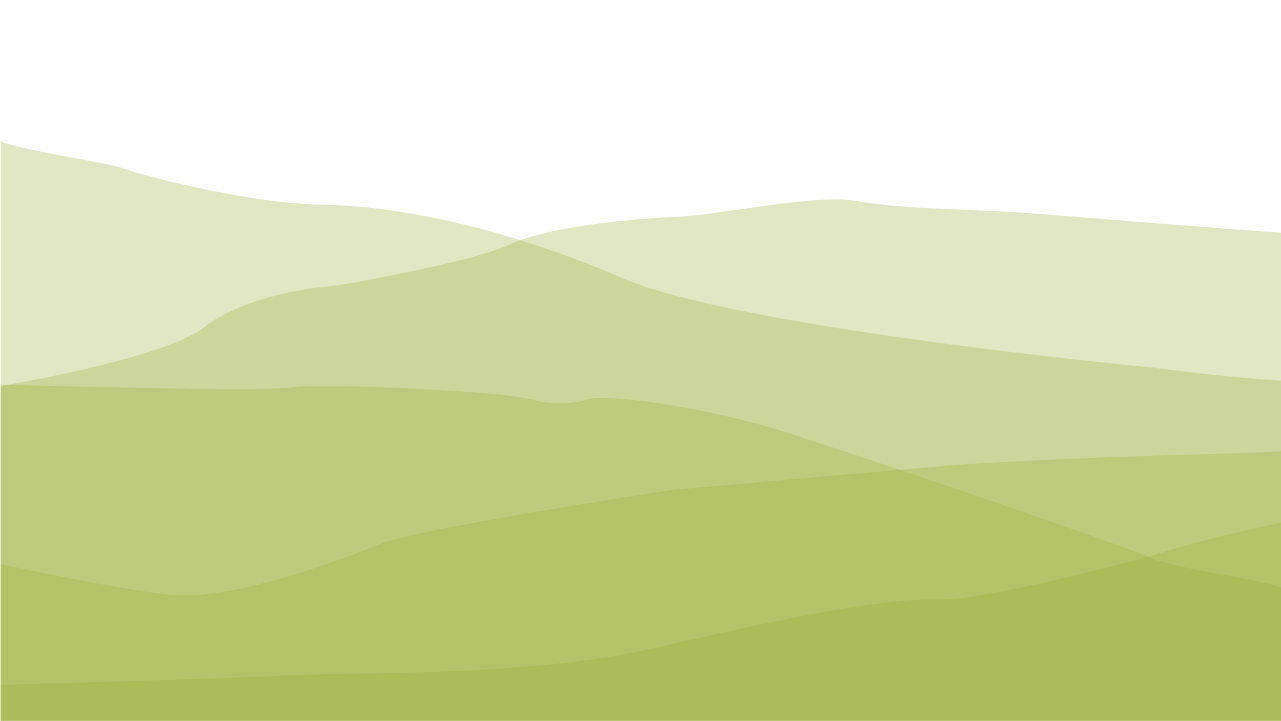
What is the Future of Cultural Landscape Preservation?
A symposium hosted by the Urban Heritage Project, Weitzman School of Design, University of Pennsylvania
November 14 - 15, 2024
The Urban Heritage Project and partners organized an in-person gathering on the state of cultural landscape preservation – in theory, policy, and practice. Building on a series of virtual events, we convened a series of discussions and presentations by academics and practitioners to delve into the critical aspects of preserving cultural landscapes today, including the challenges and models for future work.
The practice of cultural landscape preservation presents big opportunities to expand the reach of preservation. Cultural landscape thinking reckons with the complexity of places continuing to evolve through time and space, and challenges professionals to bring historical, scientific, social, and design intelligence to bear on the future of these places. As both an established idea and as a critical means of reform, cultural landscape ideas and practices have unrealized potential and deserve deeper exploration. This symposium brought together a range of practitioners, scholars, and policy makers to examine the impact and the potential of cultural landscape work.
Keynote Session
Agendas for Change
Welcome
Dean Frederick Steiner, Weitzman School of Design, University of Pennsylvania
Introduction
Randall Mason, Urban Heritage Project, University of Pennsylvania
Just Noticing Isn’t Enough: “Survival Poetics” for Cultural Landscape Preservation
Dr. Andrea Roberts, University of Virginia
“Moving from haunting to mindfulness to enforced mindfulness requires a shift out of all of us—a shift in attention and power, and a welcoming of new ideas about expertise and stewardship.”
Cultural Landscapes in an Uncertain Future
Robert Melnick, University of Oregon
“Cultural landscape conservation and protection need to go far beyond the past as we face a future filled with certain uncertainty.”
Session 1
Emerging Perspectives in the National Park Service Cultural Landscape Program
This session delves into the challenges posed by the rigid structure of cultural landscape reports in the National Park Service (NPS), particularly in accommodating intangible heritage within the confines of established frameworks like the National Register. NPS panelists share insights into their innovative approaches, challenging and interpreting these structures to broaden the scope of cultural landscape preservation. The session also explores how the NPS is actively working towards diversity in landscape management, both in terms of the landscapes themselves and the inclusivity of management practices. Panelists envision the future trajectory of NPS practices, identify current limitations, and chart a course toward more dynamic and responsive cultural landscape stewardship.
Allison Kennedy, Intermountain Region - National Park Service
Noel Lopez, National Capital Region - National Park Service
Julie McGilvray, National Capital Region - National Park Service
Randy Mason, Urban Heritage Project - University of Pennsylvania (Moderator)
Session 2
Cultural Landscape Work in Design
This session focuses on what is new and next in design. Participants delve into strategies employed in private practice that ensure the lasting relevance and effectiveness of cultural landscape work. The discussion critically examines the contributions of private practitioners, as well as the challenges they navigate in nurturing long-term change in cultural landscape preservation projects.
Kofi Boone, North Carolina State University
Laurie Matthews, MIG/University of Oregon
David A. Rubin, DAVID RUBIN Land Collective
Thomas Woltz, Nelson Byrd Woltz
Catherine Seavitt, University of Pennsylvania (Moderator)
Session 3
Indigenous Communities and Cultural Landscape Collaboration
This session explores alignments between cultural landscape approaches and the agency of Indigenous communities, through the lens of ongoing collaborations in the U.S. and Canada. Panelists discuss the collaborative and inclusive methods that they have used to cultivate and co-create cultural landscape preservation projects across the country. The panelists discuss the challenges and opportunities that robust engagement offers cultural landscape practice, highlighting several successful examples done in collaboration with Indigenous communities. Among its topics, this talk begins to define inclusion and collaboration in cultural landscape practice, offers guidance on how this approach is different from and similar to standard practices, and delineates steps on how we as practitioners can be more inclusive in our practices.
Samantha Odegard, Upper Sioux Community Pezihutazizi Oyate
Lisa Prosper, ERA Architects
Brenda Williams, Quinn Evans
Jacob Torkelson, Urban Heritage Project - University of Pennsylvania (Moderator)
Session 4
Bridging Theory and Practice: What is New and Next in Research?
Academic and research partners examine their role in challenging norms and evolving cultural landscape work. Panelists illuminate the challenges faced and insights gained in their respective research, the limits of work products, and the benefits their perspectives offer beyond traditional cultural landscape formats/products.
Manish Chalana, University of Washington
Azzurra Cox, University of Pennsylvania
Beth Meyer, University of Virginia
Thaïsa Way, Dumbarton Oaks / Harvard University
Randy Mason, Urban Heritage Project - University of Pennsylvania (Moderator)
Session 5
Articulating Futures for Cultural Landscape Preservation
[Session not recorded]
This closing collaborative session enlisted cultural landscape professionals to articulate agendas for change – in practice, research, and government stewardship. Workshop leaders collectively created a list of questions ahead of time (on gaps in training; professionalism and roles of designers, historians, preservationists, et al.; policy change/innovation; new practice models, and so on). Participants divided into small groups led by workshop leaders, and small-group dialogues were facilitated around these questions. In the latter half of this closing session, workshop leaders presented and discussed the findings of each small group.
A synthesis of this session is forthcoming.
Gretchen Hilyard Boyce, Groundwork Preservation
Sean Dunlap, Land Tangles
Angelina Ribeiro Jones, National Capital Region - National Park Service
Jenny Lauer, Nelson Byrd Woltz
Megan McPherson, New South Associates
Meg Frisbie, Urban Heritage Project - University of Pennsylvania
Molly Lester, Urban Heritage Project - University of Pennsylvania
Jacob Torkelson, Urban Heritage Project - University of Pennsylvania

